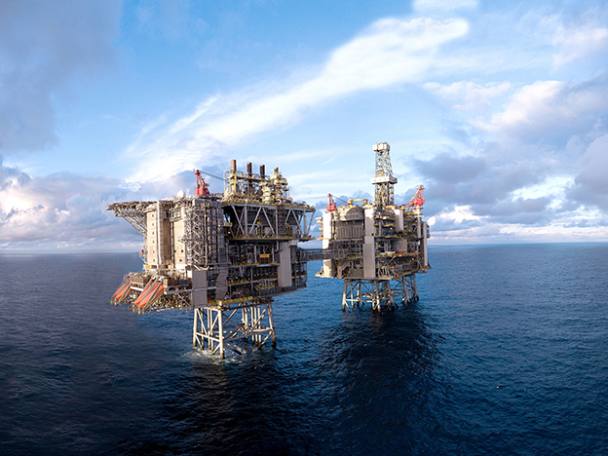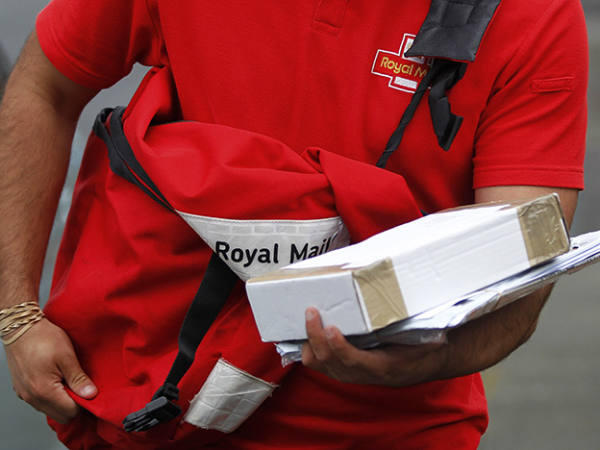From above, the oil and gas industry looks as though it is splintering into two groups: vertically integrated supermajors transitioning into broader energy suppliers and the smaller players buying up their cast-offs.
But it’s more complicated than that. In a report this month, the International Energy Agency (IEA) said societies were “simultaneously demanding energy services and also reductions in emissions” from oil and gas producers, meaning demand would remain, but it was up to the companies themselves to choose long-term survival over short-term returns.
Managing the energy transition will be number one on new BP (BP.) chief executive Bernard Looney’s to-do list. Below the supermajors, it is undoubtedly a buyers' market. The most recent deal saw Premier Oil (PMO) spend $625m (£479m) on BP North Sea holdings that will add around 23,000 barrels of oil per day (bopd) to its production. BP said the Andrew Area project was a better strategic fit for Premier.
As well as adding sizeable production for a fair price, the energy transition shift can be transformational for mid-cap companies. Energean Oil & Gas (ENOG) picked up EDF Energy’s Edison offshoot for $750m (£574m), turning it from a tiny producer with a valuation based on its in-development Israel gas projects to a genuine gas player in the Mediterranean. The sale price was far less than the $2bn-$3bn mooted in the press when news of the disposal plan broke, as EDF was pleased just to get the assets off its books.
Energean was the first oil and gas company to commit to the net zero carbon by 2050 target, beating Repsol by a matter of hours, but the company will have a far easier time doing this than the integrated majors with refinery and transport emissions to worry about. In the short term, Energean’s task is getting the Edison deal done, which was meant to have been completed by the end of 2019.
Despite the asset sales, the supermajors are certainly not abandoning growth. BP has committed to onshore US oil and gas through buying BHP’s (BHP) shale assets for $10.5bn in 2018, and consultancy Rystad Energy forecasts that its spending on the Rumaila North and South project in Iraq will rise from $1bn in 2019 to $1.2bn this year. The project will reach around 725,000 barrels of oil per day in 2024, according to Rystad, which is 70,000 bopd more than the whole US onshore division. Royal Dutch Shell (RDSA) has also continued to invest in new production, with stakes in the newly green-lit projects Mero 2 and Lula Oeste in Brazil and the operated Pierce gas field in the UK continental shelf, among other expansion projects. Shell has already set itself major shareholder payout targets for 2021-25, and handing back $125bn in that period will not be possible if it puts the brakes on reserve replacement.
The IEA said this month that oil and gas companies had to start cutting emissions and production to get anywhere near the two degree warming compared with pre-industrial levels target. “Company commitments to reduce emissions or emissions intensities are becoming increasingly common. However, the industry can do much more to respond to the threat of climate change,” the IEA said.
Overall, the oil and gas industry is spending less than 1 per cent on activities outside core business, although in a group of “leading individual companies” – including Shell and BP given the acquisition examples – this is around 5 per cent. The IEA also said investment in new projects would need to continue to make up for the 8 per cent annual decline from existing fields, which was “larger than any plausible fall in global demand”.
| NAME | Price (p) | Market cap (£m) | 12-month (%) | Fwd PE | Yield (%) | Last IC View |
| BP | 481 | 96,925 | -5.40% | 12 | 6.90% | Sell, 497p, 29 Oct 2019 |
| Cairn Energy | 186 | 1,080 | -0.50% | 21 | - | Hold, 194p, 10 Sep 2019 |
| Energean Oil & Gas | 860 | 1,523 | 36.90% | - | - | Buy, 980p, 13 Sep 2019 |
| Premier Oil | 113 | 940 | 65.30% | 9 | - | Hold, 114p, 7 Jan 2020 |
| Royal Dutch Shell 'A' | 2,187 | 202,879 | -3.30% | - | 7.00% | Hold, 2,234p, 21 Dec 2019 |
| Royal Dutch Shell 'B' | 2,189 | 202,879 | -4.00% | - | 7.00% | Hold, 2,234p, 21 Dec 2019 |
| Tullow Oil | 50 | 698 | -73.00% | 5 | 7.60% | Sell, 60p, 2 Jan 2020 |








